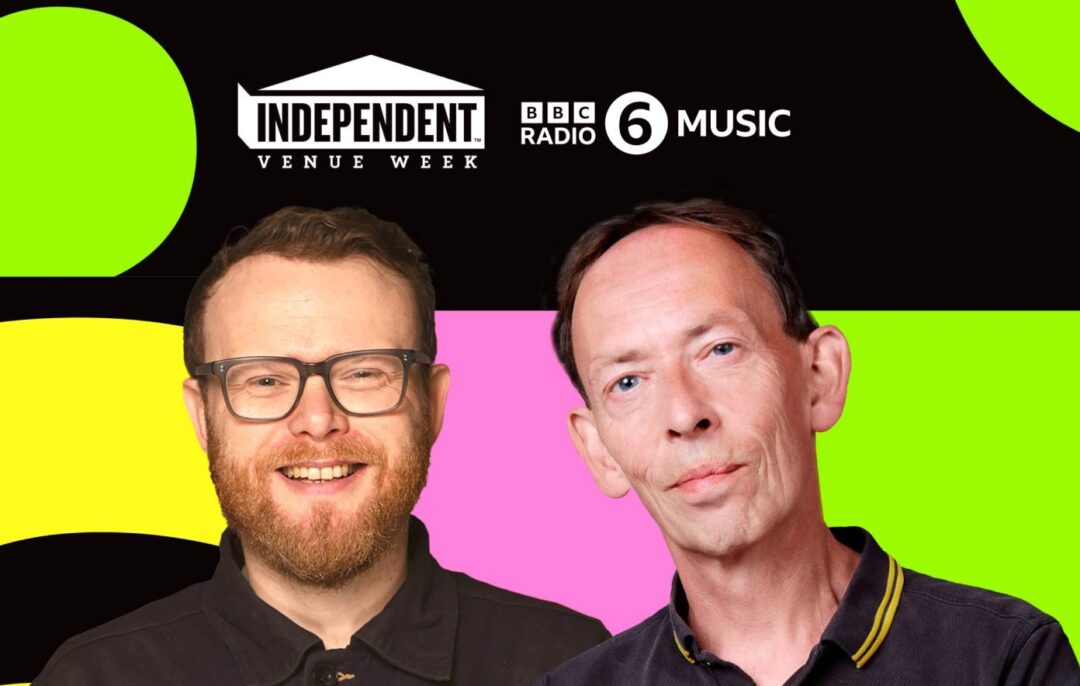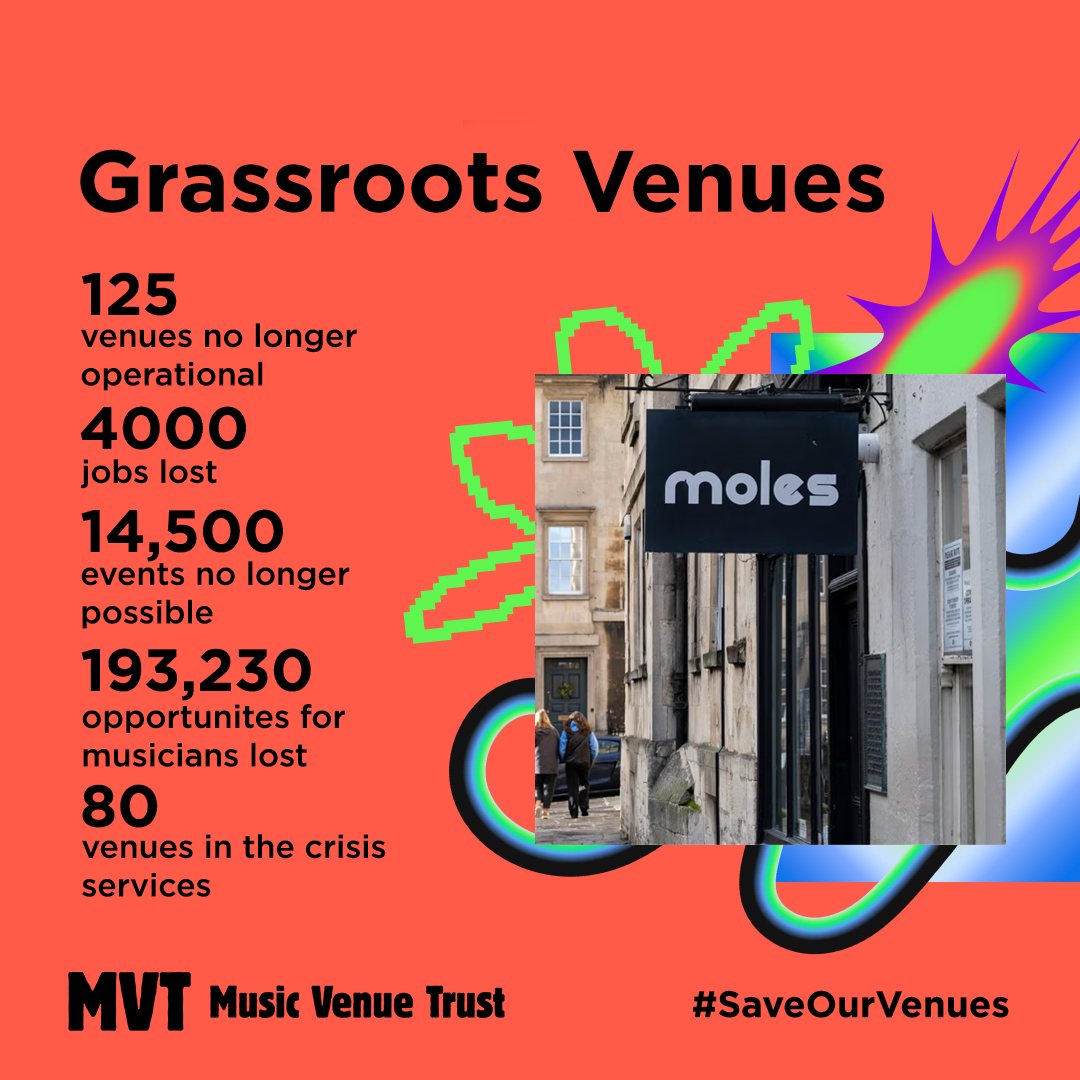That brief glimmer of hope we had when Starmer’s Labour Party became the new sitting government has been drastically obscured by his new proposed plans to introduce an outdoor smoking ban in the UK. Of all the issues he could have turned his immediate attention to, this is what he chose to introduce into public discourse after giving us the bleak promise that things are going to get worse before they get better, something I am sure the record-breaking number of people using foodbanks in the UK were delighted to hear.
While details of his plan remain unclear at present, many key figures in the hospitality sector have expressed their concerns about the new proposed measures, given that many hospitality venues are still recovering from the COVID-19 lockdowns. The anxieties are hardly unfounded given that after the indoor smoking ban was introduced in the UK, approximately 7,000 pubs were closed between 2007 and 2015.
If a smoking ban is to be introduced to pub beer gardens, outside hospitality, sports grounds and nightclub smoking areas, it is highly unlikely that people will be able to nip out for a smoke between sets if they see a gig at a pub, grassroots venue, arena or stadium.
Yet, the issue runs much deeper, as discussed below, the music industry depends on the nightlife economy; if anything tips the balance and reduces footfall in venues where music is the primary source of entertainment, we could be saying goodbye to far more of our favourite venues.
So, even if you think that it is a disgusting habit, disregard the news by reasoning that most people vape nowadays or look forward to a future when you never have to go out in public and get caught in someone’s second-hand smoke, the ramifications of the proposed ban could seriously harm the late night economy, and in turn, the music industry.
How a Dwindling Nightlife Economy Could Harm the Music Industry
To understand the severity of the implications of the proposed ban, it is crucial to understand that the music industry functions as a complex ecosystem, with every component intricately connected to another. Live music venues, including clubs and bars, are crucial hubs within this system, where emerging and established artists alike engage with their audiences. These spaces are cultural incubators where new sounds and trends are born and thrive.
If the proposed smoking ban in the UK discourages people from frequenting these places, the impact could ripple across the entire industry. Reduced footfall in clubs and live music venues could lead to fewer opportunities for artists to perform, resulting in less exposure and, consequently, fewer chances to grow their fanbase. This would not only stifle the growth of upcoming talent but also affect the viability of venues that rely heavily on regular patrons.
Moreover, the knock-on effect could harm related sectors within the industry, such as event promoters, sound engineers, and even record labels that depend on the vibrancy of live music to scout and develop new artists. In this interconnected ecosystem, any decline in one area—such as club attendance—can have far-reaching consequences, ultimately weakening the entire music industry’s ability to innovate and thrive.
How Hard an Outdoor Smoking Ban Could Hit the Music Industry
An outdoor smoking ban in the UK, particularly one that encompasses areas around music venues, could have several unintended negative consequences for the music industry beyond the obvious decrease in club attendance and reduced exposure for artists.
Firstly, the social aspect of smoking plays a significant role in the live music experience. For many, stepping outside for a cigarette is not just a personal habit but an opportunity to socialise, network, and discuss the music they are hearing. If this aspect is curtailed, the sense of community that thrives in live music settings could diminish, leading to a more isolated experience. This could alter the atmosphere of live events, making them less appealing and vibrant, which could, in turn, reduce overall attendance.
Secondly, the financial implications for venues could be severe. Many live music venues, particularly smaller ones, operate on tight margins. If fewer people attend because they are discouraged by the smoking ban, venues might struggle to stay afloat. This could lead to a reduction in the number of available spaces for live performances, which would limit opportunities for musicians to play, especially emerging artists who often rely on smaller, independent venues to launch their careers.
Another potential consequence is the impact on event planning and logistics. Smoking areas, often outside the main venue space, are places where patrons can briefly escape the crowded, noisy environment inside. If outdoor smoking is banned, the lack of designated areas might lead to crowding issues indoors, impacting the overall experience. This could lead to stricter venue capacity regulations and increased operational costs, further squeezing the profitability of events.
In summary, an outdoor smoking ban could have far-reaching implications, not only by reducing attendance but also by affecting the social dynamics, financial stability, and operational logistics of the live music scene in the UK.
In Conclusion
While the proposed outdoor smoking ban may seem like a well-intentioned public health measure, its broader implications could be far more damaging than anticipated, particularly for the live music industry and the nightlife economy.
The ban threatens to disrupt the delicate ecosystem that the music industry relies on, potentially leading to fewer opportunities for artists, financial strain on already struggling venues, and a less vibrant and connected social atmosphere at live events.
As we navigate these financially tenuous times, it’s crucial to consider the far-reaching consequences of such policies, not just for individual habits, but for the cultural fabric that binds our communities together. Ignoring these potential outcomes could lead to a significant loss for both the music industry and the public, stripping away the venues and experiences that are the last source of serotonin for most.
Article by Amelia Vandergast



